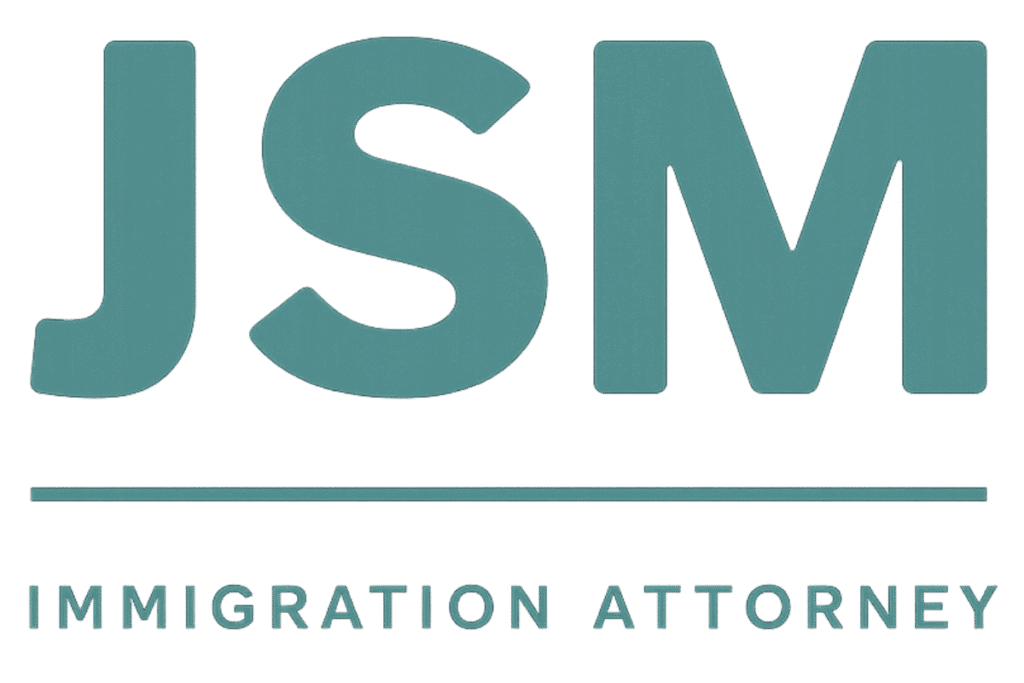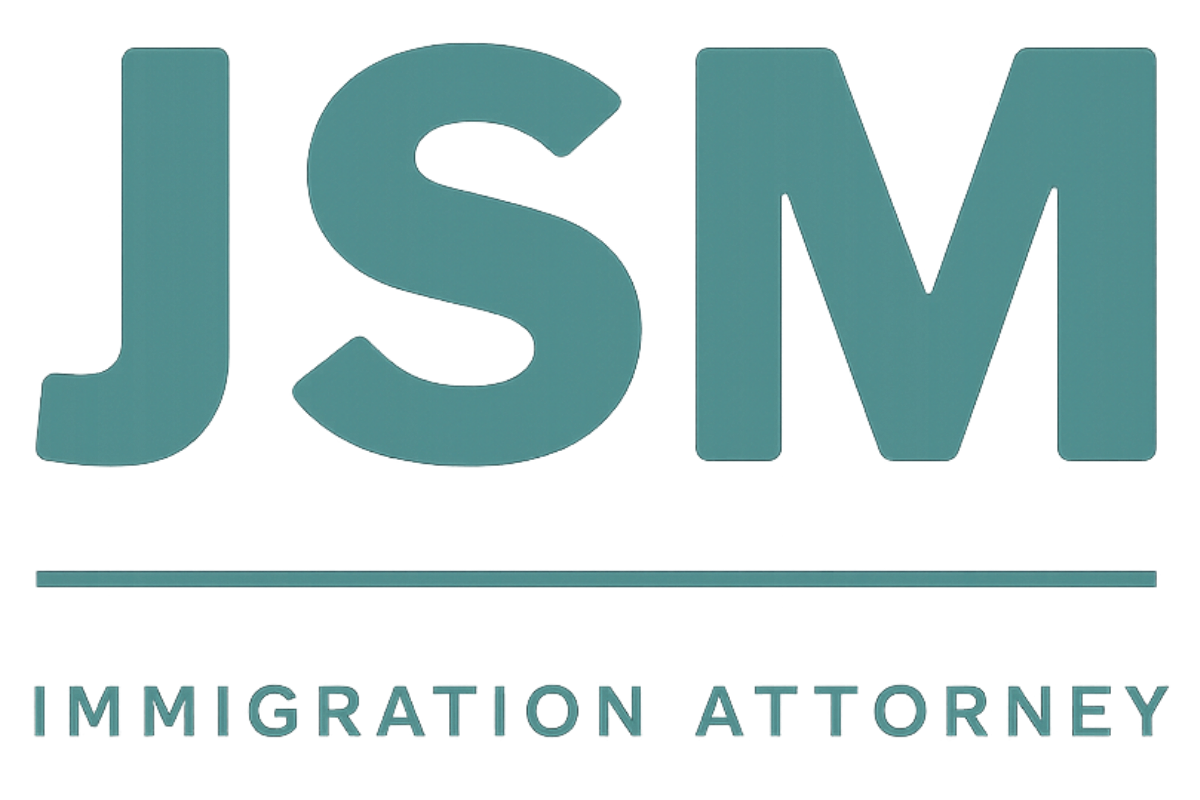Related Downloads
The O-1 Visa is a non-immigrant visa designed for individuals who possess extraordinary abilities in the fields of arts, sciences, education, business, or athletics. It provides the opportunity for talented individuals to live and work in the United States temporarily. Whether you are an artist, scientist, or business leader, this visa opens doors for international recognition and career advancement in the U.S.

What is the O-1 Visa?
The O-1 Visa allows individuals with extraordinary abilities to temporarily work in the U.S. The visa is divided into two main categories:
- O-1A: For individuals with extraordinary ability in the sciences, education, business, or athletics.
- O-1B: For individuals with extraordinary ability in the arts or achievements in the motion picture or television industry.
The purpose of the O-1 Visa is to bring talented individuals to the U.S. to contribute to their respective fields. The visa is typically issued for an initial period of up to three years, with extensions possible depending on the ongoing nature of the beneficiary’s work.
Eligibility Requirements
To qualify for an O-1 visa, applicants must demonstrate extraordinary ability, evidenced by sustained national or international acclaim. Here’s a breakdown of the requirements for each category:
O-1A (Sciences, Education, Business, or Athletics):
The individual must be recognized as having risen to the top of their field, supported by evidence such as major awards or at least three of the following:
- Membership in associations that require outstanding achievements.
- Published material in professional publications or major media.
- Participation as a judge of the work of others in the field.
- Significant original contributions to the field.
- Authorship of scholarly articles.
- Employment in a critical or essential capacity for distinguished organizations.
- High salary or remuneration compared to others in the field.
O-1B (Arts, Film, or Television):
The individual must be recognized as outstanding in their artistic field. Evidence may include major awards (e.g., an Oscar or Grammy) or at least three of the following:
- Lead or starring roles in productions or events.
- Critical reviews or published material about the applicant’s work.
- Recognition from experts or critics in the field.
- Major commercial success or high salaries in comparison to others in the field.
- Significant achievements in the field as evidenced by articles or testimonials.
Documents Needed
To support an O-1 visa petition, applicants must provide various forms of documentation:
- Form I-129: Petition for Nonimmigrant Worker, filed by the U.S. employer or agent.
- Consultation letter: A written advisory opinion from a peer group or labor organization regarding the applicant’s extraordinary ability.
- Evidence of Acclaim: Documents proving extraordinary ability, such as:
- Awards or nominations.
- Media coverage.
- Letters from experts or industry leaders attesting to the applicant’s abilities.
- Contracts or evidence of previous work in a leading or critical role.
- Detailed itinerary: A description of the work to be performed during the visa period, including dates and locations.
- Support Letters: Letters of recommendation from experts in the field, highlighting the applicant’s extraordinary ability and contributions.
The O-1 Visa Application Process
Here’s a step-by-step guide to applying for an O-1 visa:
- Employer or Agent Files Form I-129: The employer or agent must submit Form I-129 to U.S. Citizenship and Immigration Services (USCIS), along with the supporting documents.
- Provide Consultation Letter: Obtain a consultation letter from a peer group or labor organization in the applicant’s field.
- Submit Supporting Evidence: Include evidence of extraordinary ability, such as awards, media coverage, and letters from experts.
- Pay the Required Fees: Submit the appropriate filing fees along with Form I-129.
- Receive USCIS Decision: USCIS will review the petition and supporting evidence and issue a decision. If approved, the applicant will be issued Form I-797, Notice of Action.
- Consular Processing or Change of Status: If the applicant is outside the U.S., they must apply for a visa at a U.S. consulate. If already in the U.S., they may change their status to O-1.
Common Mistakes to Avoid
Applying for an O-1 visa can be complex, and small errors can lead to delays or denials. Here are common mistakes to avoid:
- Inadequate Documentation: Failing to provide sufficient evidence of extraordinary ability is a frequent cause of denials. Ensure that all claims are backed by thorough documentation.
- Weak Support Letters: Generic letters of recommendation will not suffice. The letters should be specific and emphasize the applicant’s unique contributions.
- Incomplete Itinerary: Especially for freelancers or performers, an incomplete itinerary can lead to complications. Be sure to provide detailed plans for the entire visa duration.
- Late Filing: O-1 petitions should be filed well in advance of the intended start date to avoid processing delays.
O-1 Visa Success Tips
To increase your chances of O-1 visa approval, follow these expert tips:
- Build a Strong Case: Highlight the applicant’s extraordinary achievements and back them with tangible evidence, such as media coverage, awards, or original contributions.
- Use Expert Testimony: Letters from well-known industry professionals or experts in the applicant’s field can make a significant impact on the application.
- Prepare for RFEs: Be proactive in addressing potential weaknesses in the petition to avoid Requests for Evidence (RFEs). If you do receive an RFE, respond thoroughly and quickly.
Stay Current: Immigration laws and USCIS policies can change, so keep up with any updates that may affect the O-1 visa process.
O-1 Visa Renewal and Extension
If you need to extend your O-1 visa or renew it, follow these guidelines:
- Extension of Stay: An O-1 visa holder can apply for an extension of stay if their original employment is ongoing. The employer must file a new Form I-129, along with an updated itinerary.
- Changing Employers: If the applicant changes employers, a new O-1 petition must be filed by the new employer.
- No Maximum Stay: Unlike some other visa categories, there is no maximum limit for how many times an O-1 visa can be extended, as long as the extraordinary ability work continues.
By understanding the O-1 visa eligibility requirements, application process, and strategies for success, you can navigate the system with confidence and secure your approval.

